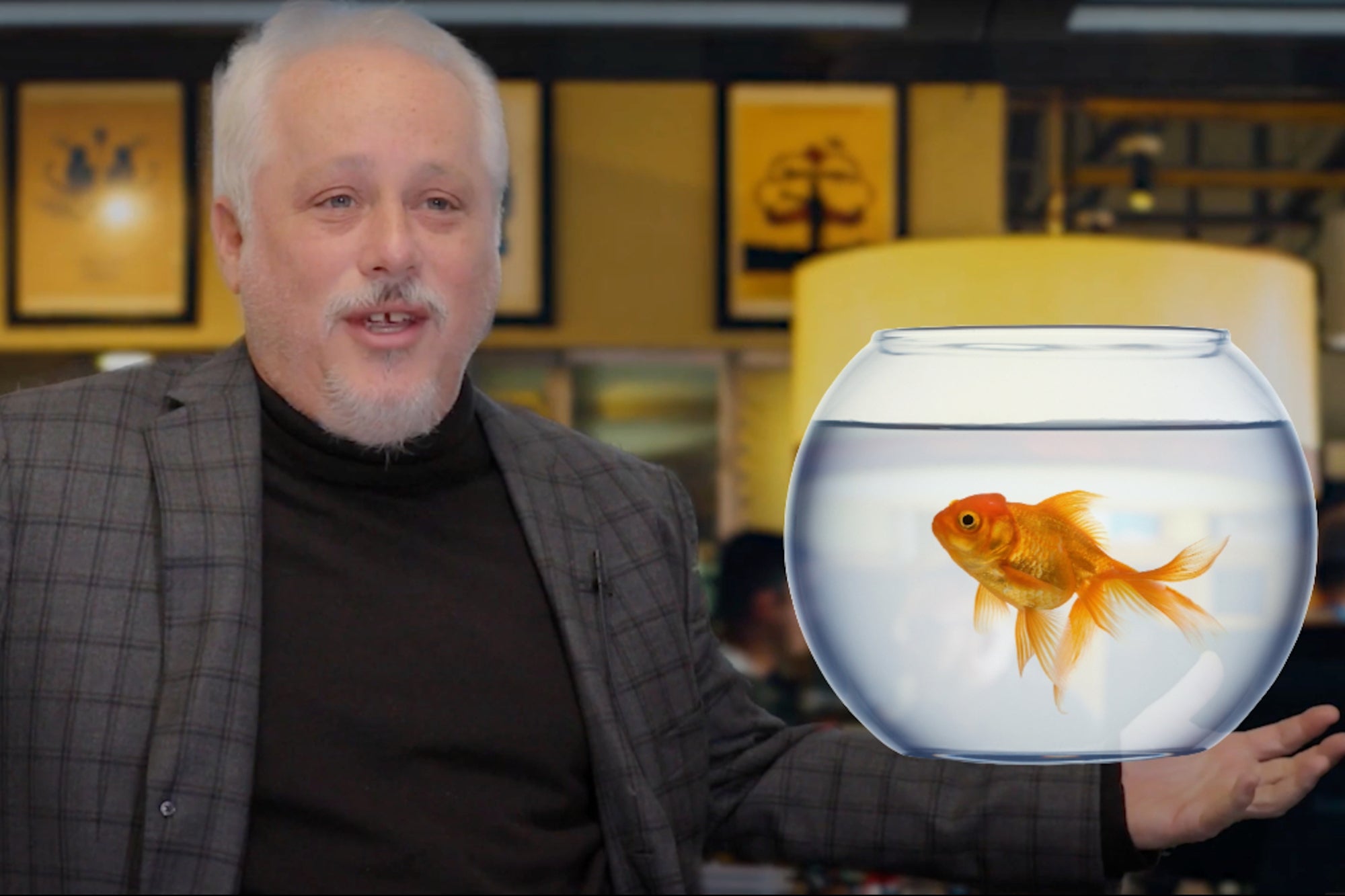Fake News and the Threat to Your Brand: 4 Things You Can Do About It Now While Facebook has made the spread of information faster and easier, CEOs should not be surprised they need to take steps to protect themselves from false information in the media.
By John Pilmer •

Opinions expressed by Entrepreneur contributors are their own.

Unless you've been buried under a rock for the last few months, you've likely heard about the issues regarding fake news stories gathering millions of likes, shares and comments on social media. Most of the media coverage of this unsettling phenomenon has centered on politics, but there is so much more to this story.
Entrepreneurs should be keyed in to the implications for building their brand. Anyone, anywhere, can write anything about you, your products or your company regardless of the truth and thanks to the internet, millions of eyes may see it. So, where does this leave business owners? How can you counter this phenomenon?
The truth is, fake news has been around as long as news itself, and brands have always had to defend themselves against media allegations. Indeed, Thomas Jefferson said in 1807, "Nothing can now be believed which is seen in a newspaper."
Related: 4 Tips on Generating Buzz for Your Business, According to a PR Expert for Startups
While Facebook has made the spread of information faster and easier, CEOs should not be surprised they need to take steps to protect themselves from false information in the media. As always, combatting this phenomenon means getting back to the basics of PR.
Here are four rock-solid strategies for keeping your brand's reputation as fake-news proof as possible.
1. Always tell the truth.
This is the first thing PR professionals learn in school. Information has a way of coming out, and being upfront about mistakes lends your brand immense credibility when touting your successes. It also shores up your reputation against the kind of false allegations that companies like Pepsi have met in the Facebook news era.
If you find yourself misquoted in the media, the best defense is to clarify your statements to the press and then to move on. However, an even better strategy is to build up enough goodwill and trustworthiness among your base and media outlets that they don't believe the hype in the first place.
2. Know your audience.
Most of the bogus quotes and anecdotes we're hearing on social media originate from fringe media publications. Knowing where your potential customers get their information from goes a long in way in helping you avoid these situations. Cultivating relationships with credible media outlets can give you opportunities to defend yourself in front of your target audience.
Related: A 5-Step Checklist to Maximize Press Coverage for Your Business
3. Create brand loyalty.
You can avoid the kind of backlash that some companies have encountered with false articles by cultivating a loyal consumer base. Apple has been masterful at this. Give you customers something to believe in. Use cause marketing, incentives, and exclusivity to build an experience that consumers want to come back to, over and over again. Use social media in a positive and interactive way. This way, if out-of-character negative press shows up, they will not only cut you some slack, they will be more likely to stick up for you online.
4 Build an online reputation.
The more positive results that you can create for your company in a basic web search, the more likely people are to see the good. Period. Build your online reputation by asking customers for honest reviews. Write authoritative articles for online outlets that cater to your demographic. Partner with other companies to share positive content with your consumer base, giving both of you a new audience. Get creative with how you get your content out there, but always be authentic.
The bottom line in the fake news frenzy is that the press, as always, can have both positive and negative effects on any company. Rather than panicking and hiding from the media, entrepreneurs should find a good PR company and build their brand the same way they always have: do good work, then tell everyone else about it.











